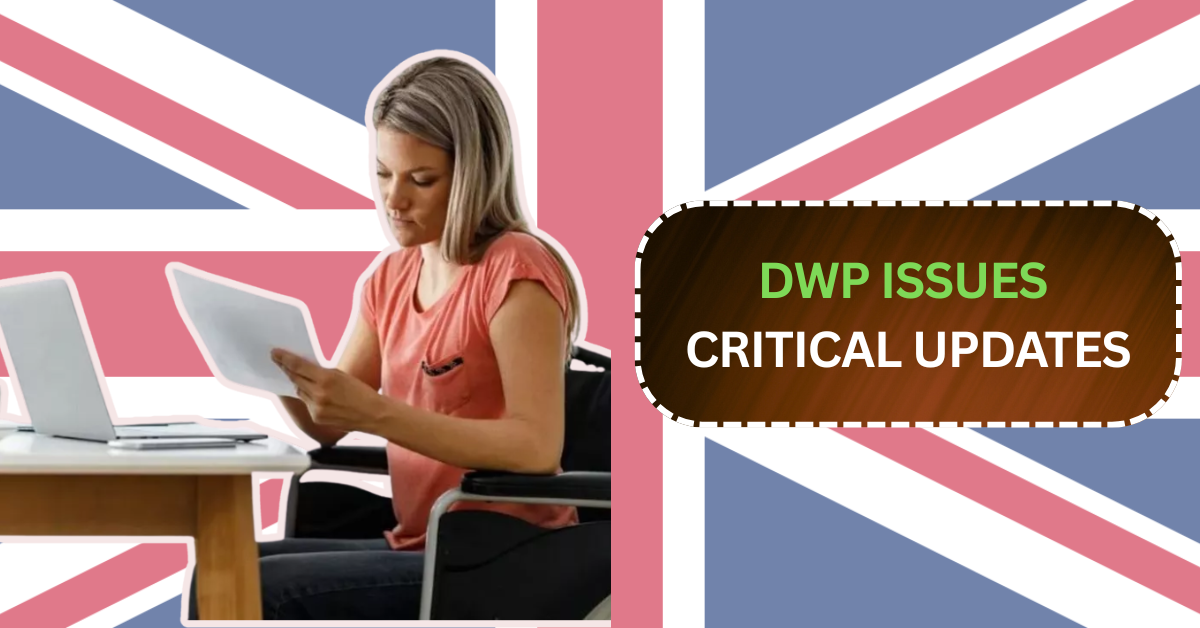Changes to the Personal Independence Payment (PIP) eligibility rules proposed by the Department for Work and Pensions (DWP) could result in claimants losing up to £12,000 a year. These potential changes are stirring concerns among various groups, as it could affect hundreds of thousands of vulnerable individuals who rely on this vital benefit.
According to the DWP’s estimates, approximately 800,000 people may no longer qualify for the daily living component of PIP due to the changes. These individuals may experience an average loss of £4,500 per year by the 2029/2030 tax year.
However, some Members of Parliament (MPs) are warning that the financial impact could be even more severe. Liberal Democrat MP Steve Darling recently spoke out about the far-reaching effects of these changes. Darling stated in a parliamentary debate that the financial hit for claimants could be significantly larger. His comments highlighted that losing PIP could lead to the loss of other essential benefits, such as Carer’s Allowance, which could increase the total loss for some households to as much as £12,000 annually.
How Much Could People Lose?
Currently, PIP offers two components: daily living and mobility. The daily living component is paid based on how a person’s condition affects their ability to perform everyday tasks. The mobility component helps people with disabilities who need assistance with moving around. For those who qualify for the daily living component at the highest rate, the annual payment is £5,740.80. Additionally, Carer’s Allowance, which is linked to PIP for some recipients, is £4,331.60 per year.
For households that lose both benefits, the financial reduction could total £10,072.40 annually. Steve Darling’s warning was based on the idea that households could face even greater losses. According to Darling, families could lose both PIP and Carer’s Allowance, leading to a potential annual loss of £12,000. This loss could be devastating, especially for those who rely on these benefits to manage their daily lives and medical expenses.
When Will These Changes Take Effect?
The proposed changes to PIP eligibility are set to take effect in November following next year’s rise in benefits. This means that claimants who lose their eligibility for the higher daily living component could face a financial hit that might approach the £12,000 mark. While the official implementation date for the changes is still a few years away, many are concerned about the impact this will have on their finances and well-being.
The DWP’s projections also include how these changes will affect households in the long term. Research conducted by The Joseph Rowntree Foundation further highlights the scale of the potential loss. The charity points out that the health-related element of Universal Credit is also subject to changes. For current claimants, this element will be frozen at £97 per week, while new claimants will see a reduction to £50 per week. The charity’s analysis reveals that a household could lose almost £1,000 per month or £12,000 annually if they lose both the higher daily living part of PIP and the health-related element of Universal Credit.
What is PIP, and Who Could Be Affected?
PIP is a benefit designed to help people with long-term health conditions or disabilities manage the additional costs they face. It is not means-tested, meaning it does not depend on a claimant’s income. However, to qualify for PIP, individuals must demonstrate that their disability or condition significantly affects their daily living or mobility.

Currently, claimants who qualify for the higher rate of PIP can receive £110.40 per week, while those who qualify for the lower rate receive £73.90 per week. However, the proposed changes would require claimants to score at least one point four across the 10 daily living activities to qualify for the daily living component. This means that even if someone has a condition that affects their ability to perform everyday tasks, they may no longer qualify for the benefit if they do not meet the new criteria.
If someone loses the higher rate of PIP, the financial impact could be significant. They would lose £5,740.80 annually. Given the proposed changes to PIP eligibility, many people may find themselves no longer eligible for the benefit. If this happens, the amount they are entitled to receive each year could decrease substantially, leaving them with far less financial support.
Carer’s Allowance: What’s at Risk?
Another major concern raised by MPs is the potential loss of Carer’s Allowance, which is closely tied to PIP. Carer’s Allowance is paid to individuals who care for someone with a disability or health condition. To qualify, carers must provide at least 35 hours of care per week to someone who receives PIP’s daily living component.
Carer’s Allowance currently provides £83.30 per week, which totals £4,331.60 per year. Losing Carer’s Allowance would be a massive blow to those who rely on it as a source of income. For those households where both PIP and Carer’s Allowance are at risk, the total financial loss could be catastrophic.
The loss of PIP and Carer’s Allowance together could push many households into financial insecurity. This is particularly concerning for those with disabilities who already face additional living costs due to their conditions. Losing both benefits could force families to make difficult choices, such as cutting back on essential healthcare, medication, or support services.
How Could the Proposed Changes Affect Specific Regions?
The impact of these proposed changes is not felt equally across the country. Steve Darling, the MP for Torbay, spoke out in Parliament about how his constituency would be disproportionately affected. Around 12% of the working-age population in Torbay currently relies on PIP, meaning a significant portion of the population could lose their benefits under the new eligibility criteria.
Additionally, several Labour MPs have expressed concerns about how these changes will impact disabled people and their families. Nadia Whittome, MP for Nottingham East, shared a heartbreaking account of a young claimant’s fear of losing PIP. The claimant expressed terror that they would lose their benefits, become homeless, and, in their words, “only have suicide as an option.” These personal accounts highlight the human toll of the proposed changes and emphasize why MPs are so strongly opposed to the cuts.
The Government’s Response
In response to these concerns, DWP Minister Sir Stephen Timms reassured MPs that the government would not make PIP a means-tested benefit or freeze its payments. He also emphasized that the government was committed to increasing PIP in line with inflation, ensuring that the most vulnerable claimants would continue to receive full support.
Timms also spoke about plans to improve employment support for those who are able and willing to work. While the government remains committed to helping disabled people access support, MPs and charities are not convinced that the proposed changes will be sufficient to meet the needs of vulnerable individuals.
Despite the government’s reassurances, many remain skeptical about the long-term impact of these proposed changes on disabled people and their families. For those who rely on PIP and Carer’s Allowance, the loss of these benefits could be financially devastating.
Conclusion
The proposed changes to PIP eligibility represent a significant risk for vulnerable claimants across the country. If implemented, these changes could cause many households to lose essential financial support, with some households facing a loss of up to £12,000 per year.
The government has assured MPs that it will continue to provide support for those who are most in need, but for many, the fear of losing their benefits is very real. As the debate continues, it is crucial that policymakers listen to the concerns of claimants and their families and work to find a solution that ensures vulnerable people continue to receive the financial support they need.

Deepak Grover is a dedicated content writer at OTE News, specializing in government affairs, public policy, and current events. With a keen eye for detail and a passion for factual reporting, he ensures readers receive accurate and insightful news. Deepak holds a degree in Political Science and has experience in research-driven journalism.
When not writing, he enjoys reading historical books, exploring hiking trails, and staying updated with global political trends. His commitment to ethical journalism makes him a trusted voice at OTE News.




